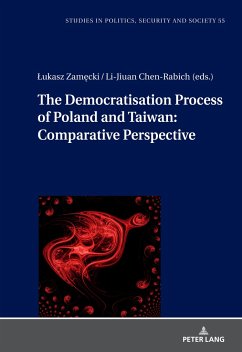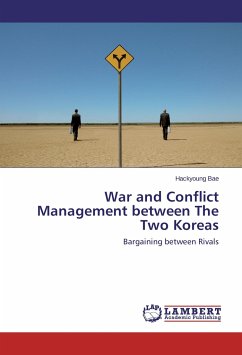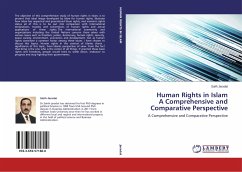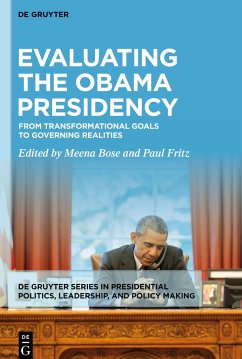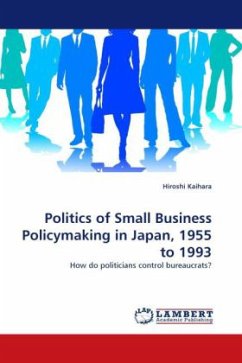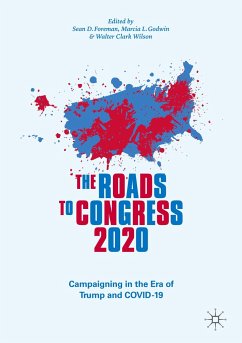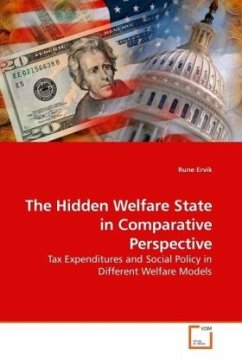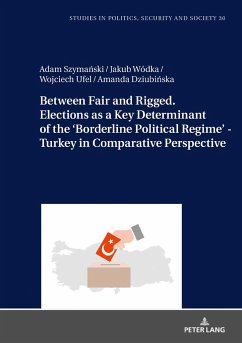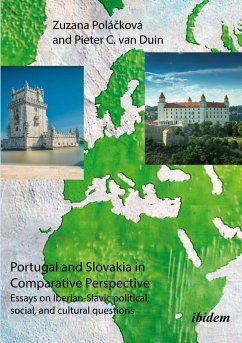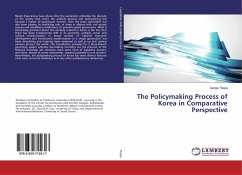
The Policymaking Process of Korea in Comparative Perspective
Versandkostenfrei!
Versandfertig in 6-10 Tagen
36,99 €
inkl. MwSt.

PAYBACK Punkte
18 °P sammeln!
Recent Experiences have shown that the parliament embodies the diversity of the society that steers the political process and policymaking has become a matter of paramount concern. Over the years, parliament has also been playing its watchdog role, at times in alliance with civil society groups and surveillance institutions, to promote good governance. What is particularly pertinent about the scholarly interest in Korea is the fact that there has been fundamental shift in its economic, political, social, and cultural transformation in broad context of national economic development and institut...
Recent Experiences have shown that the parliament embodies the diversity of the society that steers the political process and policymaking has become a matter of paramount concern. Over the years, parliament has also been playing its watchdog role, at times in alliance with civil society groups and surveillance institutions, to promote good governance. What is particularly pertinent about the scholarly interest in Korea is the fact that there has been fundamental shift in its economic, political, social, and cultural transformation in broad context of national economic development and institutional modernization in a 'single generation' has been stimulating and inspiring many seasoned as well as up and coming scholars all over the world. The Constitution provides for a three-branch governing system whereby law-making functions are the preserve of the National Assembly, yet executive share some form of legislative powers, and often, devoid of warm relationship, respond positively to one another. Nevertheless, the policymaking process of Korea has some distinct features of its own; so has its limitations as in any other parliamentary democracy.



